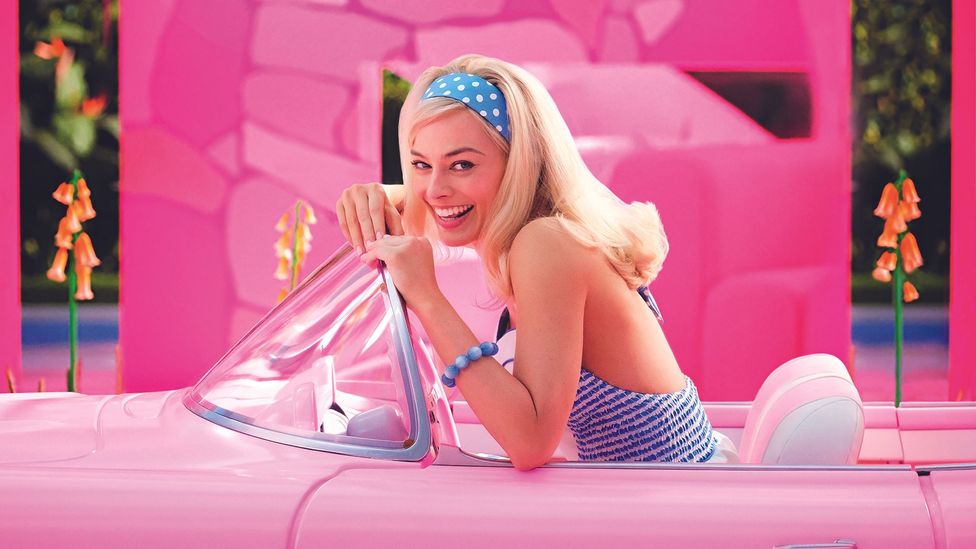Before I begin this opinion article, I would like to remind readers that feminism is not misandry. Feminism advocates for the rights of women to achieve equality, whereas misandry is the belief that women are inherently better than men. Feminism benefits all genders by advocating for the eradication of the patriarchy, which harms everybody, not just women. A lot of people fear feminism because they believe it is misandry. This is not so. Please keep this in mind while reading this article.
I love a lot of things about the Barbenheimer summer. I love the pink brunch menu that Cafe Landwer put together and seeing fans dress up to go to the movies. I love the TikToks and memes that people post about them. I have absolutely fallen victim to the aggressive marketing campaign, and at this point I like it so much I don’t want to leave. But the thing I love the most about Barbenheimer summer is the renewed interest in discussing feminist theory and gender roles in the United States. “Barbie” outwardly addresses these issues and how the patriarchy affects both men and women. However, “Oppenheimer” continues to uphold misogynistic views about women and villainizes the women who had relationships with J. Robert Oppenheimer.
After watching both films, I can’t help but feel like both of them are reflections of the United States’ views towards gender roles at this particular point in time. There’s no doubt that things are changing in Hollywood. The #MeToo movement gave voices to people who had been abused in the entertainment industry by people with power. San Diego University reported a rise in female directors since 1998: “Women who direct experienced the largest gains, rising from 9% in 1998 to 18% in 2022.” 18% of all movies being directed by women is a pathetic statistic, but progress is progress.
I think the reason why “Barbie” resonated with so many people is that it was written and directed by a woman. Who else but Greta Gerwig could write a heartbreaking monologue about how impossible it is to be a woman? “Barbie” also offers up some sort of utopia that nobody has ever seen on screen before. In Barbieland there’s no harassment from men, and women are actually listened to. Everyone is nice to each other and it’s girls’ night every night. Who wouldn’t want to live there? Unfortunately this utopia comes at the expense of the autonomy of the Kens. The Kens don’t have real jobs and exist only as accessories to the Barbies. Does this sound familiar to anyone?
The primary gripe that I have with “Oppenheimer” lies in its depiction of women, specifically Oppenheimer’s wife, Kitty. She is portrayed as an uncaring mother and alcoholic wreck. She only “redeems” herself at the end of the movie when she testifies on behalf of her husband in a closed-door hearing. Jean Tatlock, the woman that Oppenheimer is having an affair with, shuffles around without clothes on for 90% of the scenes she’s in. Lilli Horning is briefly mentioned and has even less screen time than the other women, despite being very involved in the Manhattan Project. What about all of the other female scientists who worked at Los Alamos? Where was Elda Anderson, Frances Dunne or Mary Frankel? The women in the movie are treated as props, with no real story arcs of their own. Oppenheimer had the opportunity to be a great film that extolled the hard work of scientists of all backgrounds and identities, but instead falls into the common trope of a special white guy with a weapon. This movie is also incredibly flattering towards the U.S. military.
Both movies are far from perfect. If I had the time I would get into history’s colonialism, racism and American exceptionalism that are found within movies. “Barbie” isn’t the perfect feminist utopian film, and “Oppenheimer” glorifies a weapon of mass destruction. Yet, they both contain truths about our preconceived notions of gender. “Barbie” still touts pink feminine clothing while pursuing her career ambitions. Only three women have speaking roles in “Oppenheimer.” At least “Barbie” tries to take a stab at the patriarchy, while “Oppenheimer” upholds misogynistic Hollywood narratives. “Oppenheimer” is everything the film industry has been towards women, but “Barbie” is everything that the film industry could be. If more movies are directed by women and for women, then gender dynamics in Hollywood and onscreen can change for good.
Kelly Stanton, FCRH ’25, is an American studies and art history major from Boston, Mass.









































































































































































































